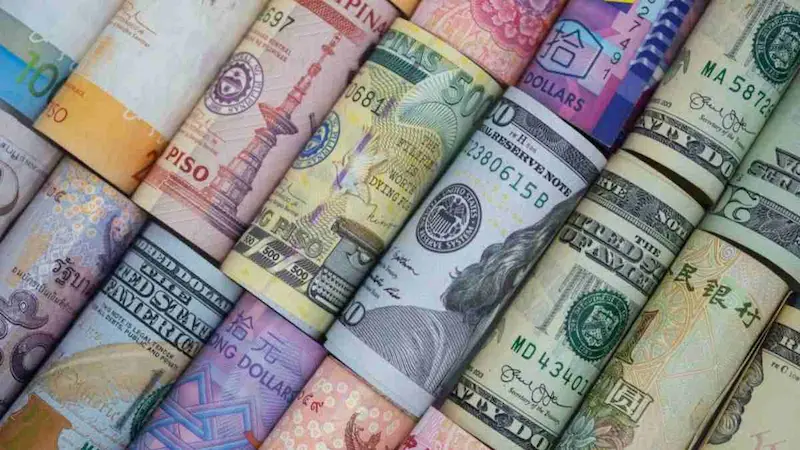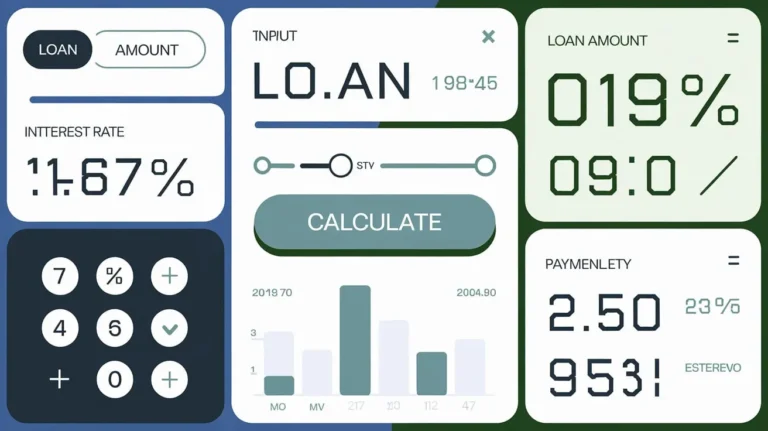
photo | jagranjos-com
Japan’s Interest Rate Surprise: What This Means for Your Wallet!
What Happened? The Bank of Japan’s Bold Move
Imagine waking up one morning and realizing that your financial future is still in the hands of the Bank of Japan (BoJ). That’s right!
In a recent announcement that sent shockwaves through the economic community, the BoJ decided to keep its key interest rate unchanged at a historic low of -0.1%.
But what does this mean for you?
With inflationary pressures and market volatility being the talk of the town, many were eagerly anticipating a change, but the BoJ has opted for the status quo.
Could this be a clever move or a missed opportunity?
Only time will tell!
Why Does This Matter to Regular Folks?
You might be wondering, “Why should I care about a low-interest rate in Japan?”
Well, hold on to your hats!
The BoJ’s decision has implications that stretch far beyond the Land of the Rising Sun.
For starters, keeping interest rates low means that loans can remain cheaper, which is great news for anyone looking to buy a home, start a business, or finance a new car.
Imagine being able to secure that dream home without breaking the bank on interest payments.
However, it’s not all sunshine and rainbows.
With global economies striving to combat rising inflation, the BoJ’s decision might seem like taking the road less traveled, leaving many investors scratching their heads.
The BoJ’s Key Takeaways: More Than Just Numbers
This isn’t just about monetary policy—there’s a larger narrative at play here.
According to the BoJ, the continuation of its ultra-loose monetary policy is a strategic move meant to achieve their inflation target of 2%.
It’s like a marathon, not a sprint.
The central bank believes that raising interest rates prematurely could derail economic recovery, much like a runner who gets too competitive too soon and ends up losing the race.
But why the caution?
Let’s break it down.
Managing Inflation: The Balancing Act
In the backdrop of this decision, Japan has been grappling with rising prices, like many other nations around the world.
You see, while inflation can help stimulate spending, it can also put a damper on economic growth if it spirals out of control.
The BoJ has been engaged in a delicate dance to balance these competing forces.
What’s their game plan?
By maintaining a low-interest environment, they hope to encourage spending and investment, nurturing the economy like a gardener tending to their beloved plants.
But it begs the question: How much longer can this go on?
The Global Ripple Effect: A Watchful Eye
It’s fascinating how interconnected our world is today.
What happens in Japan doesn’t just stay in Japan; it echoes around the globe.
Investors and market watchers from New York to Nairobi are keenly observing how this decision impacts markets worldwide.
Will monetary policy in other countries shift as a reaction to Japan’s stance?
It’s like watching a game of chess unfold, where one piece’s movement can alter the entire landscape.
Global economies are waiting—will they respond with tightening measures or follow BoJ’s lead?
Experts Weigh In: Diverse Perspectives
No economic decision is without its critics, and experts are already weighing in on the BoJ’s strategy.
Some applaud the central bank for its caution, while others argue that it could lead to stagnation, much like a river that stops flowing and leads to murky waters.
According to some analysts, by keeping rates low, Japan might risk getting trapped in a cycle of low growth and low inflation.
Could this be a case of playing it safe when they should be bold?
Only time will tell if the BoJ’s gamble will pay off in the long run.
In Conclusion: What’s Next for You?
With the BoJ opting for the status quo, it’s essential to reflect on how this affects your financial decisions.
As a consumer and an investor, staying informed and adapting to changes in monetary policy can make a world of difference.
Will you take advantage of lower borrowing costs?
Or do you think it’s time to diversify your investments while the weather is fair?
In a world where money talks, understanding these moves can empower you to make choices that will safeguard your wallet’s future.
Stay tuned because the economic drama is just getting started, and you won’t want to miss what happens next!





